In addition to professional standards and skills, each civil servant now must also be a digital civil servant, proficient in using digital applications and artificial intelligence (AI) applications to complete their work well and serve the people effectively.
Building a multi-tasking civil servant team
Leaders of the Ho Chi Minh City People's Committee recently had a working session with representatives of Intel Corporation, on coordinating the implementation of a human resource training program in the field of AI.
Ms. Sarah Kemp, Vice President of Global International Government Relations at Intel Corporation, said that Intel's AI human resource training program in Ho Chi Minh City focuses on state officials, civil servants, and graduates, working and about-to-be-working people who need AI applications. The two sides have established a working group to conduct research on the cooperation framework, training program content, etc. Intel Vietnam provides training materials, and Ho Chi Minh City High-Tech Park (SHTP) provides training subjects.
In fact, AI training for civil servants only needs to be at a general level, equipping them with the skills to proficiently use AI applications in state agencies. However, it is necessary to eliminate the fear of AI. Civil servants of the 2025 generation must be civil servants who can apply AI to serve citizens.
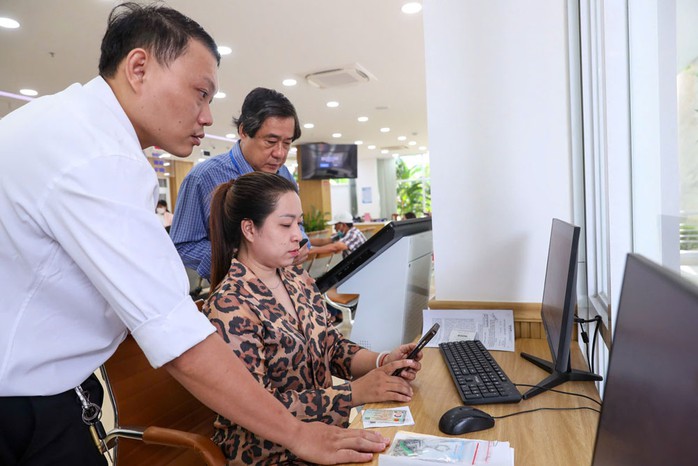
Officials of Binh Tien Ward, Ho Chi Minh City support people to complete public procedures online. Photo: HOANG TRIEU
The year 2025 is considered an important milestone in the comprehensive digital transformation journey of Ho Chi Minh City. Starting from March 2025, the city has proactively implemented a program to train AI human resources in state agencies. Not only stopping at introducing AI achievements, the city aims to restructure administrative thinking, build a team of multi-tasking civil servants, quickly adapt and master technology. These AI application classes are "practical learning, practical", designed to closely follow reality, simulating public service situations that officials often encounter, from document management, creating work plans, preparing periodic reports to building presentations for conferences.
Use AI wisely and effectively
According to experts, civil servants need to develop skills in using and interpreting AI tools right now; and understand ethical considerations to avoid abusing AI for personal and harmful purposes.
AI can automate tasks such as drafting documents, updating records and managing staff schedules, potentially saving significant time. A trial of 20,000 civil servants in the UK found that using AI could save nearly two weeks of time per person per year. AI can improve civil servants’ decision-making; it can analyze large data sets to identify trends, predict needs and provide insights that help guide policy and service delivery. AI-powered tools can streamline citizen interactions, personalize services and improve access to information.
The UK is third (after the US and China) in the world's top 10 countries for AI adoption, according to a ranking by Stanford University (USA). From September, all civil servants in England and Wales will receive practical training on how to use AI to speed up their work. Civil servants will be tasked with finding ways they can use AI technology to streamline their own work. Scotland has also used an AI tool called Humphrey to screen consultation responses on the regulation of cosmetic surgery such as lip fillers and found that the AI results were similar to human-generated results but faster. The government said that in 500 consultations a year, the AI tool could save civil servants up to 75,000 days of analysis time each year, saving the government £20 million in staff costs.
In Morocco, a North African country, the rapid digital transformation of public systems has improved interactions between government and citizens. The integration of artificial intelligence poses new challenges due to structural and technical constraints. A quantitative approach was conducted to explore the openness of Moroccan civil servants to adopting AI solutions and examine the role of change management in facilitating this process. The findings show that while younger civil servants are more open to AI, more than 40% of respondents indicated that insufficient digital skills are a major barrier to AI integration.
The study also highlights the importance of effective change management strategies, strong leadership and clear communication as essential to foster AI adoption and ensure seamless integration within Morocco’s public sector.
Establish a civil servant support team
The Ho Chi Minh City Youth Union has just coordinated with other units to organize the launching ceremony of youth volunteer teams to support the operation of the two-level government model and provide online public services in communes, wards, and special zones in the city. Accordingly, it will support officials and civil servants in basic administrative tasks; enter data into the system, arrange and digitize records; operate software and applications for professional work. At the same time, it will guide people to operate on online public service platforms; support the installation and use of VNeID applications, electronic identification accounts; access the National Public Service Portal.
Source: https://nld.com.vn/cong-chuc-ai-phuc-vu-cong-dan-196250712202213535.htm




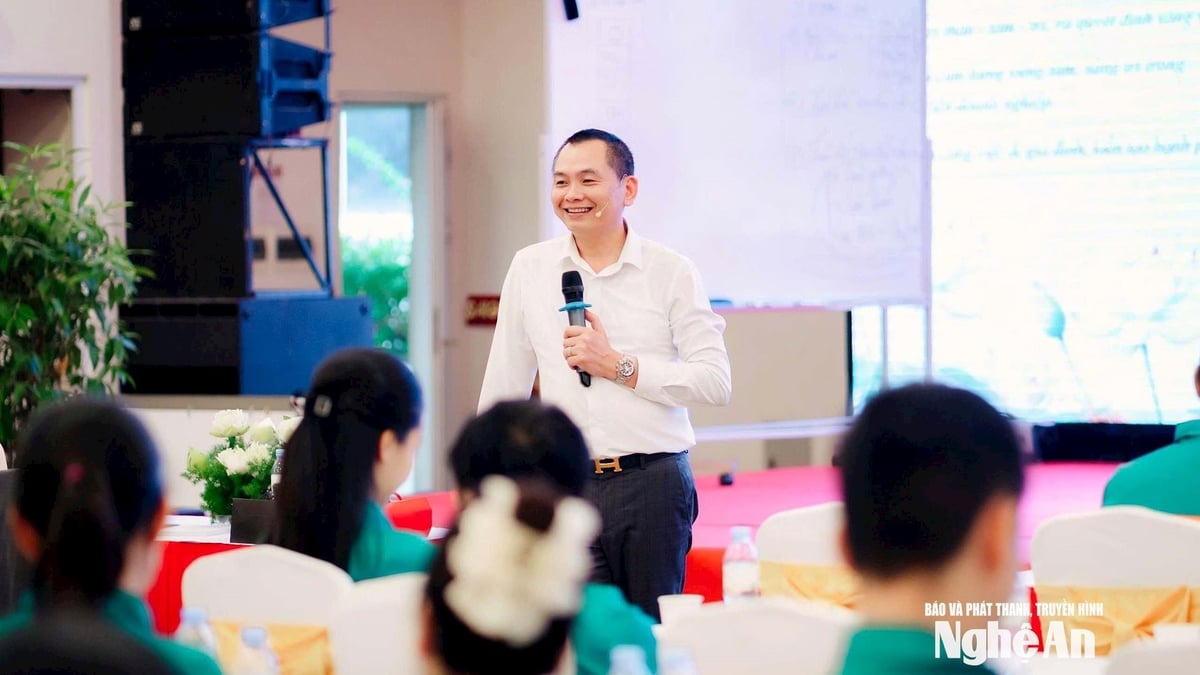
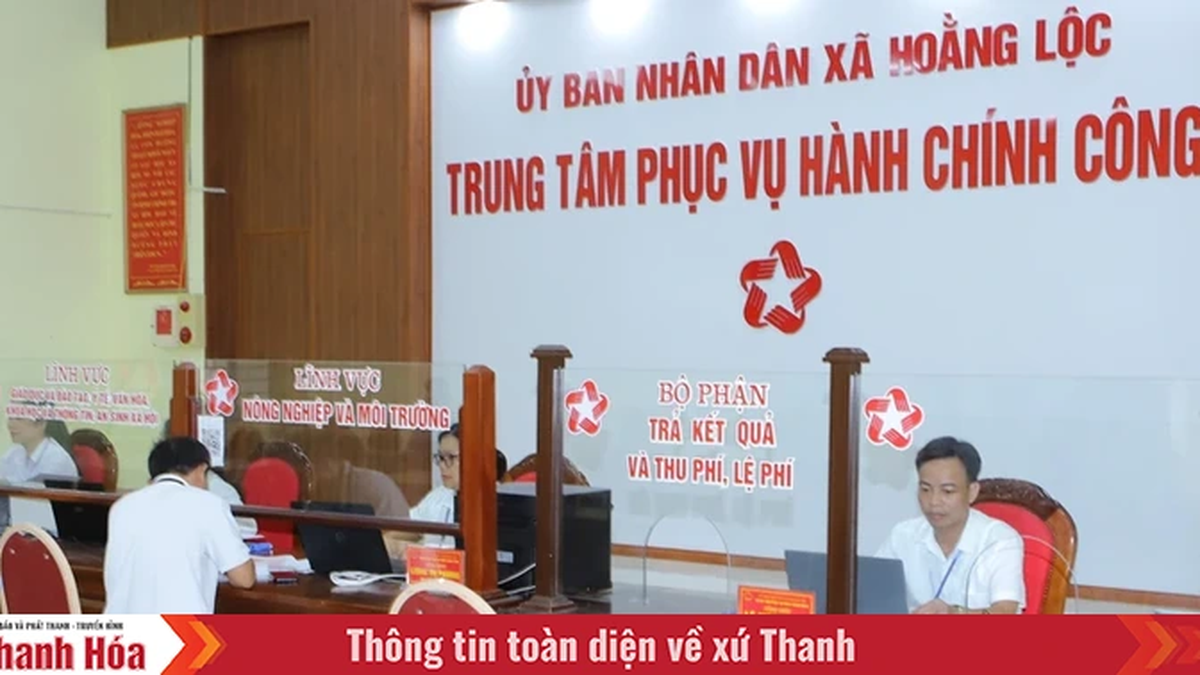
















































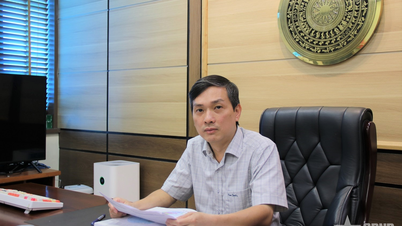











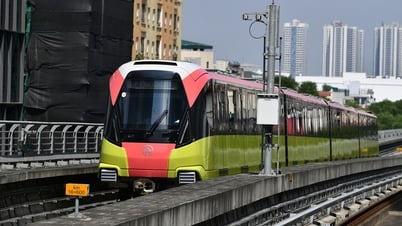


































Comment (0)